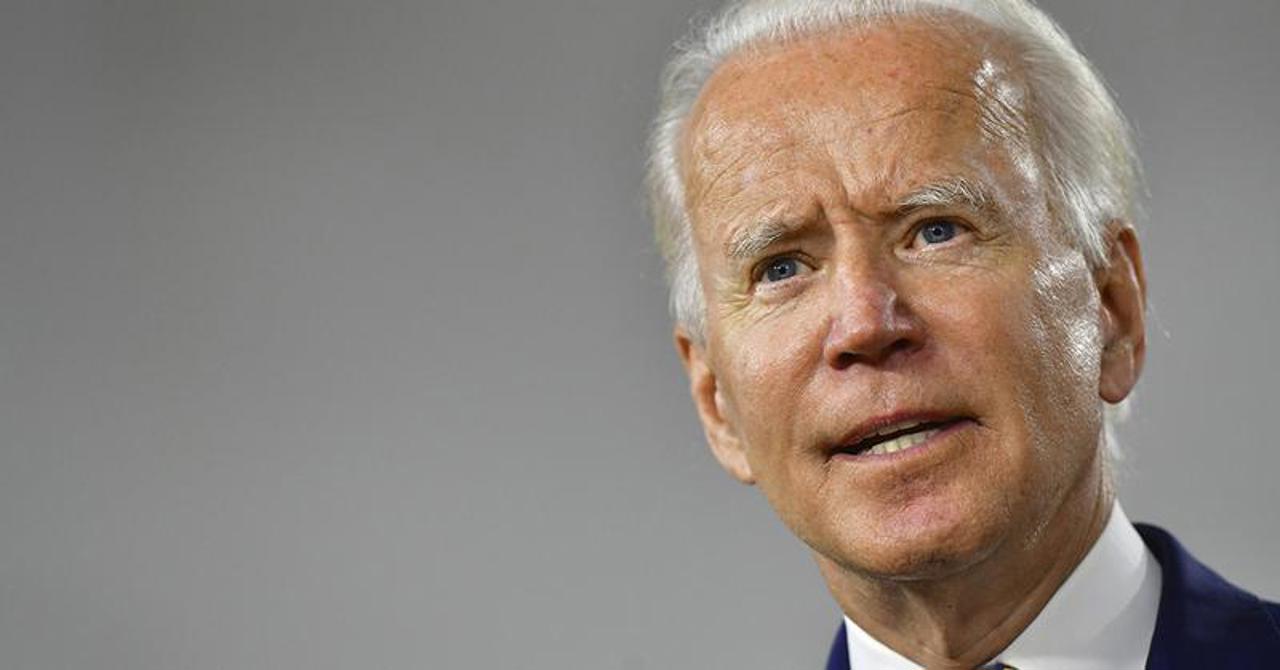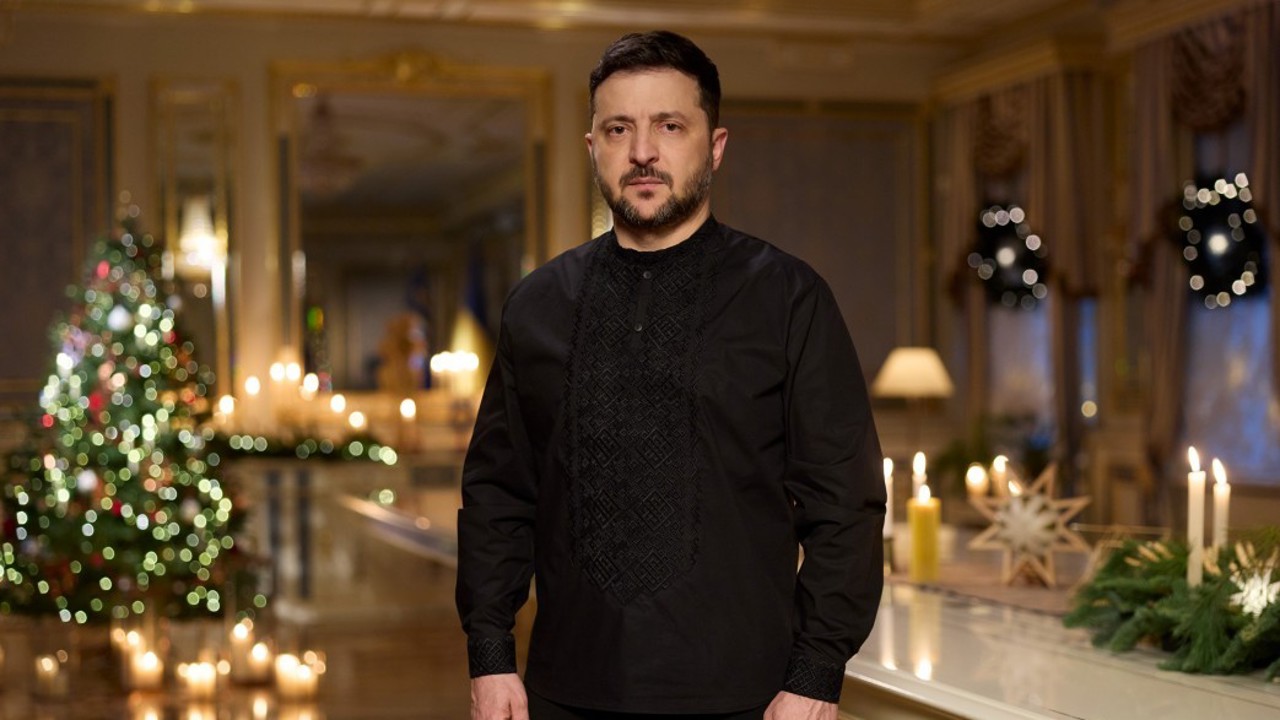European Divisions: Biden's Call to Seize Russian Assets Sparks Controversy
Joe Biden has demanded the confiscation of 330 billion worth of Russian assets frozen in banks across the EU and the US. This presents a significant problem for Europeans.

Among Russian sovereign funds, over 210 billion are held in Western European institutions. Joe Biden intends for these funds to be allocated to Kiev's military resistance and the country's reconstruction. This is a priority for the US president, serving as a financial and political solution to counter the obstructionism initiated by Donald Trump.
Paris and Berlin remain openly opposed to confiscating Russian funds. They also appear unconvinced by the alternative, supported by Ursula von der Leyen's Commission, to at least utilise the interest generated by the 330 billion. This interest would total approximately three billion in 2024, a modest sum.
Nevertheless, the caution with which the three billion in interest from Russian funds in Brussels is being approached is likely to irritate the US administration.
Upon learning of the continental option to utilise the additional profits generated by rubles, Kremlin spokesperson Dmitri Peskov promptly issued a threat: there will be "very serious consequences for those who make such decisions and those who implement them."
It's up to Meloni to devise a solution in just over two months, as the president of the G7 until the summit in Rome in June. There is a genuine risk of the summit derailing.
Most of Russia's assets are managed by Euroclear, the European central securities depository headquartered in Brussels, whose CEO has recently warned against such a measure. Likewise, France, Germany, and Belgium oppose the direct confiscation of Russian assets, but not the idea of using their profits. Macron and Scholz's stance certainly lacks flexibility. Even at last week's EU summit, they explained to their continental partners that they fear this measure. They argue that it is not possible to use all assets, citing technical and legal reasons, but primarily reputational reasons: requisitioning those resources - even to attack a regime that has become the protagonist of a brutal invasion - could, in their view, undermine the EU's credibility, prompting sovereign funds from Arab, Indian, Chinese, and Australian regions to flee the eurozone. Indeed, Moscow is not the only power that has deposited hundreds of billions in Union banks.
Euroclear, based in Brussels, is the world's largest securities settlement and administration system, including transactions within Russia for bonds and stocks. However, Euroclear CEO, Lieve Mostrey, told the Financial Times that blocking Russian funds would amount to an indirect confiscation of sovereign assets, triggering legal consequences and potentially undermining market confidence in the euro.
This leads to the conclusion that international regulations must be respected even in the case of tyrants and regimes that assassinate their citizens.
AUTHOR: Dan Alexe
Translation by Iurie Tataru




